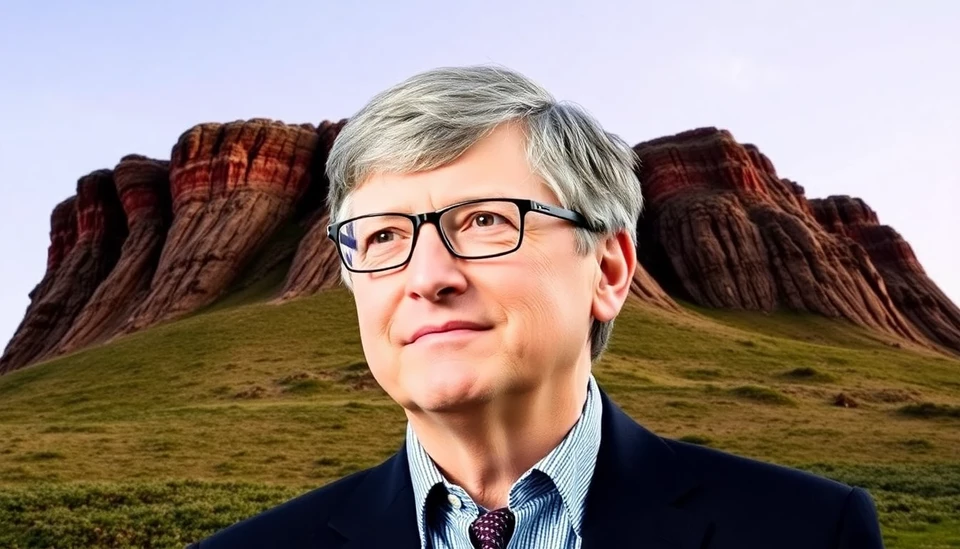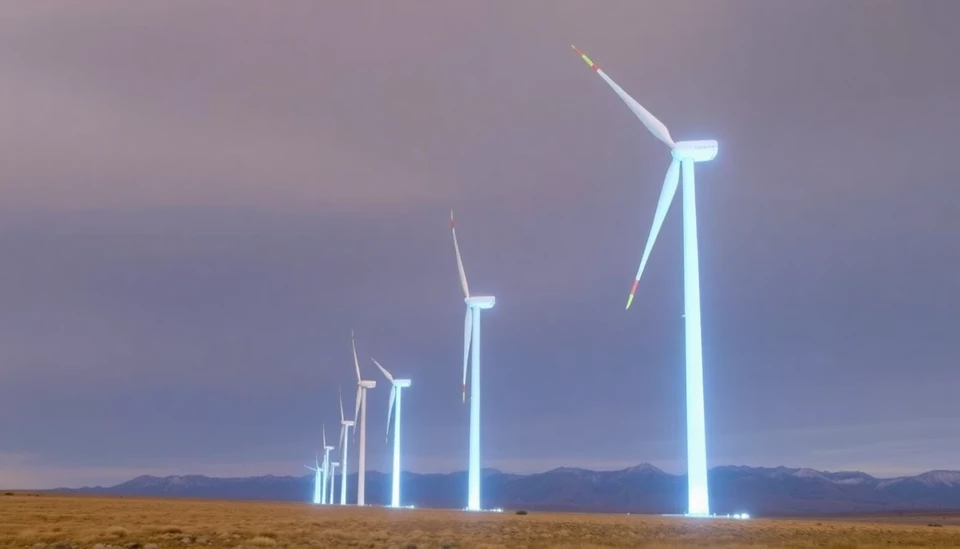
In a significant move in the fight against climate change, a fund backed by tech billionaire Bill Gates has announced a hefty $40 million investment in Deep Sky, a pioneering company specializing in carbon removal technologies. This decision underscores the growing urgency to develop innovative solutions aimed at mitigating the effects of greenhouse gas emissions on the environment.
Deep Sky, a startup that focuses on breakthrough methods of capturing carbon dioxide from the atmosphere, has been steadily gaining attention for its advanced technologies. This latest influx of capital is expected to accelerate the company's development efforts, allowing it to enhance its carbon removal processes and expand its operational capabilities. As the world grapples with the escalating challenges posed by climate change, investments like these are crucial to scaling up effective solutions that can help stabilize global temperatures.
The investment comes at a pivotal time when governments, businesses, and individuals are increasingly recognizing the critical need for carbon reduction strategies. The International Energy Agency has emphasized the importance of carbon capture and storage (CCS) technologies as vital to achieving net-zero emissions by 2050. Many experts agree that aggressive investment in carbon removal innovation is essential if we are to meet international climate targets.
Bill Gates, a longtime advocate for renewable energy and sustainability, has been actively involved in funding ventures that prioritize environmental impact. Through his Breakthrough Energy Ventures firm, Gates aims to support companies that are at the forefront of cutting-edge technologies designed to combat climate change. The investment in Deep Sky reaffirms his commitment to advancing sustainable solutions and highlights the role of private investments in addressing environmental concerns.
Deep Sky's technology utilizes novel methods of carbon capture, offering potential pathways to remove significant amounts of CO2 from the atmosphere. The company's approach has garnered interest from various stakeholders including investors, environmental groups, and policymakers who are eager to find scalable solutions to climate issues. With this new funding, Deep Sky aims to continue its research and development initiatives, ultimately striving for more efficient and cost-effective carbon removal solutions.
The support from Gates' fund also signals to the market and other investment firms that there is confidence in the potential success of carbon removal technologies. As industries and governments ramp up their climate action commitments, the demand for innovative solutions like those offered by Deep Sky could witness a notable increase, ultimately spurring further investment and collaboration across the sector.
As the world continues its quest for sustainability, this substantial backing of Deep Sky might just be a stepping stone for wider adoption and implementation of carbon removal technologies, setting a precedent for other startups in the space. The combination of political, social, and financial momentum towards tackling climate change is ever-increasing, providing a fertile ground for innovative solutions to flourish.
With this investment, the eyes of the industry will undoubtedly focus on Deep Sky to see how they leverage these resources to make impactful strides in the carbon removal space. Stakeholders will be eager to monitor their progress in pushing the boundaries of what's possible in carbon capture and storage initiatives.
As we continue to confront the realities of a changing climate, the commitment of influential figures like Bill Gates to support promising ventures in carbon removal not only highlights the urgency of action but also inspires hope for a more sustainable future.
#BillGates #CarbonRemoval #DeepSky #ClimateChange #Sustainability #Investment #GreenTechnology #NetZero
Author: Samuel Brooks

